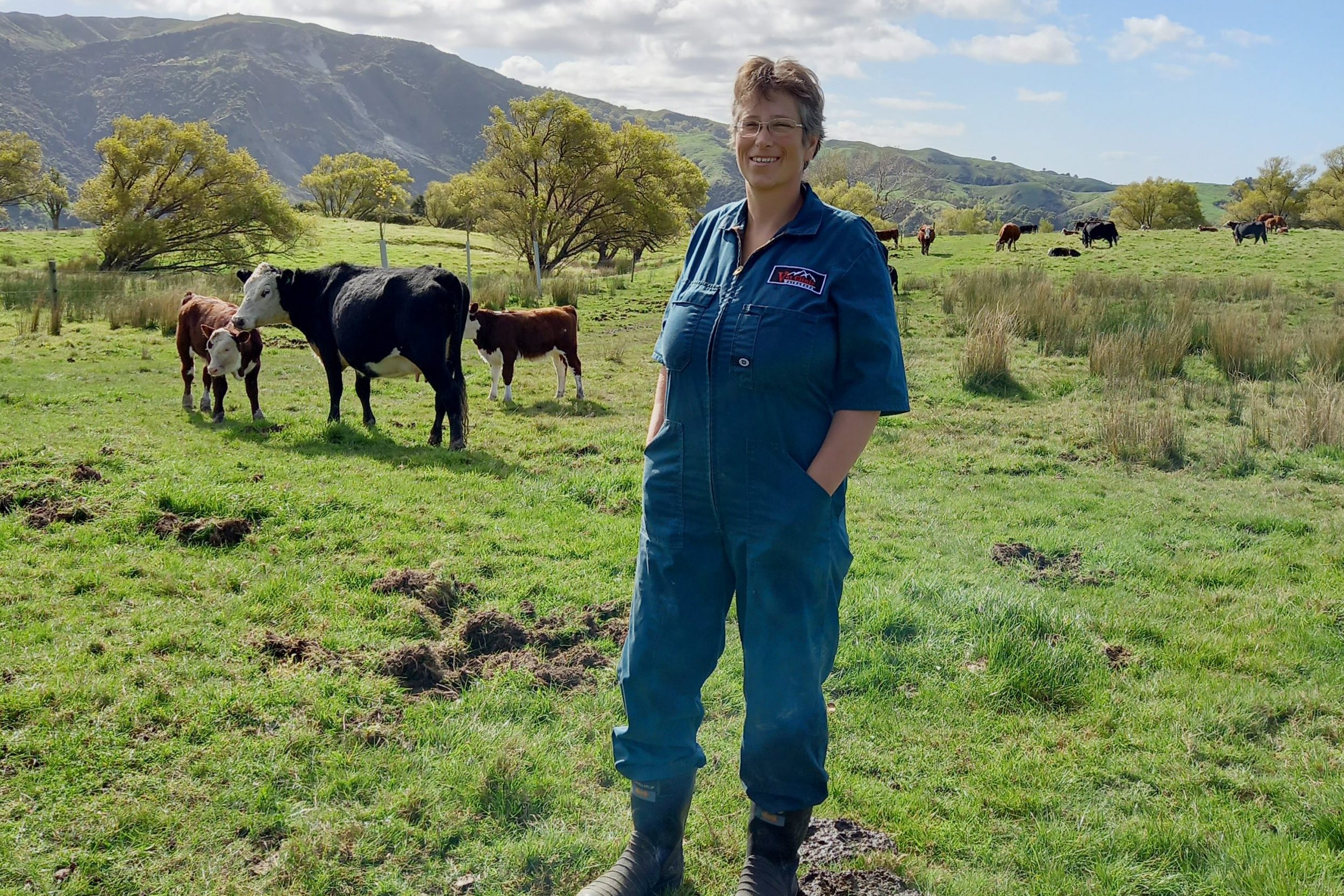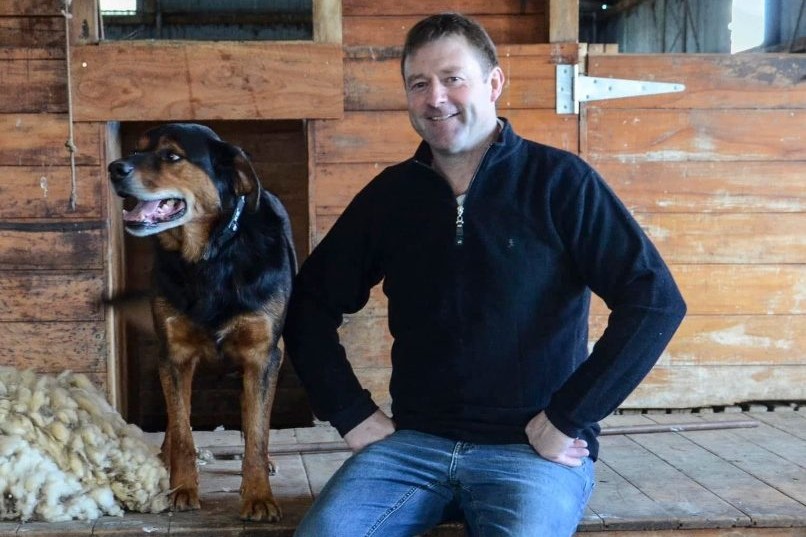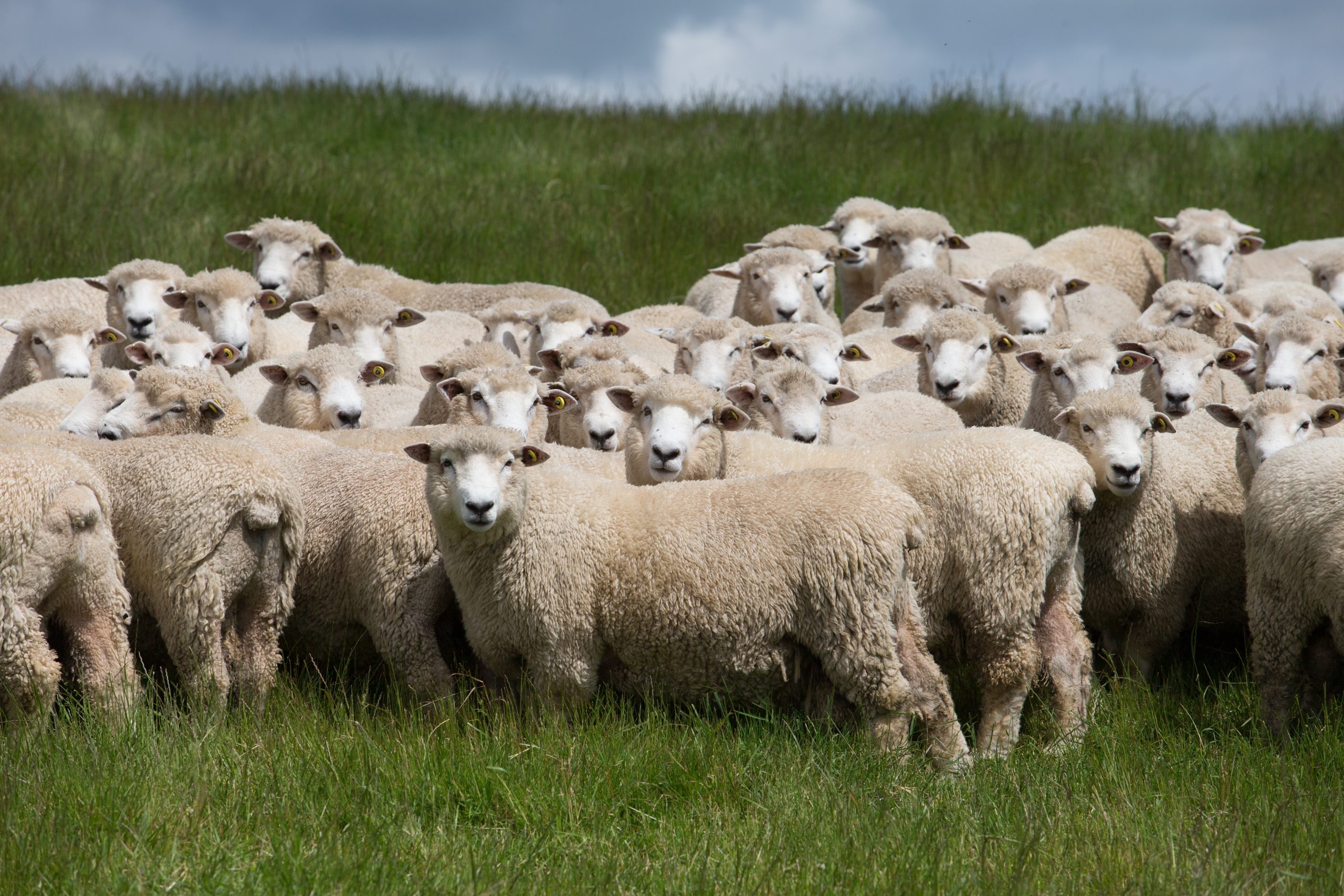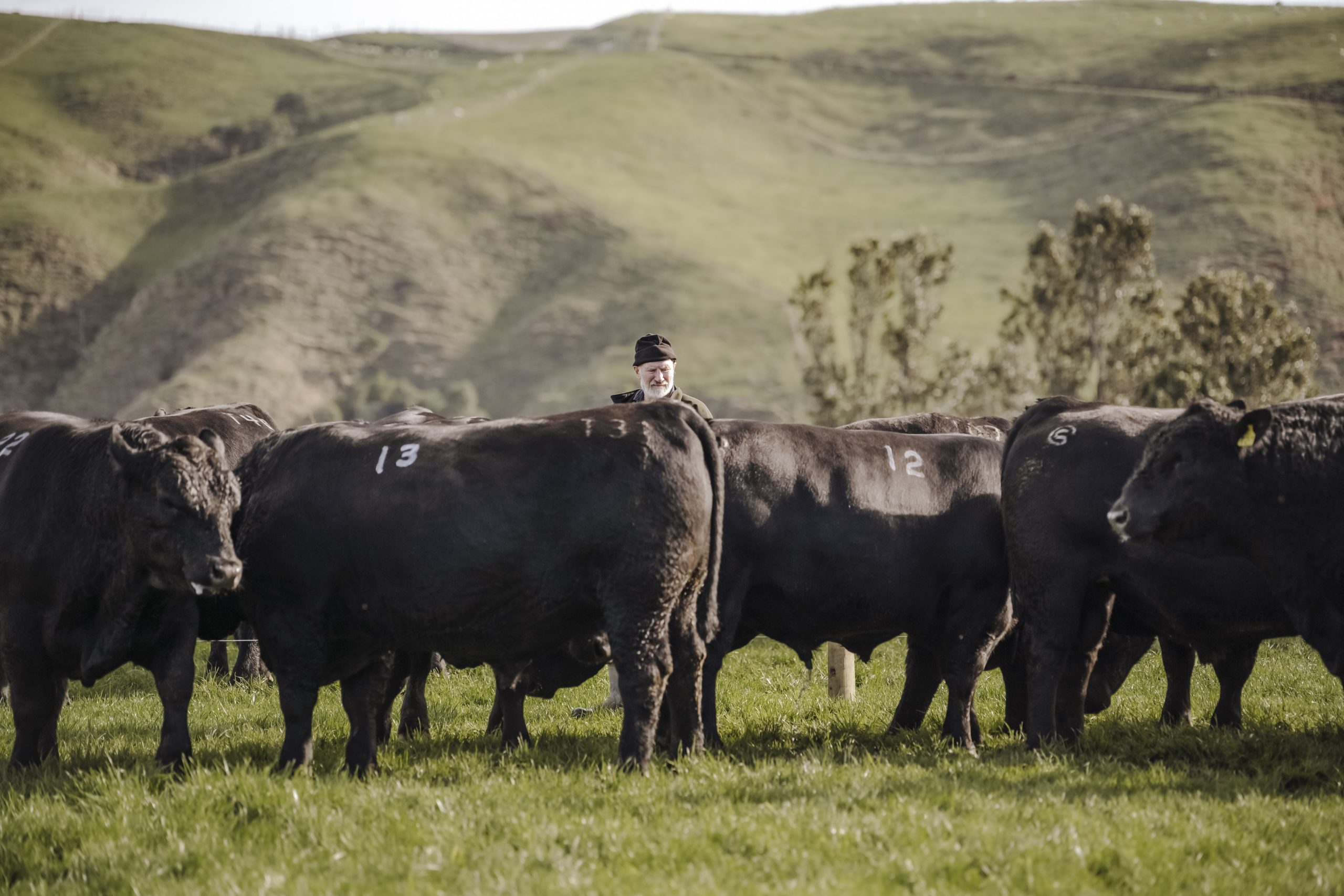Tag cost fear in EID move
Joint state-federal funding would be made available via a rebate scheme to support the implementation of individual electronic identification (EID) across the NSW sheep and farmed-goat industry. The move is part of a national Australian plan.
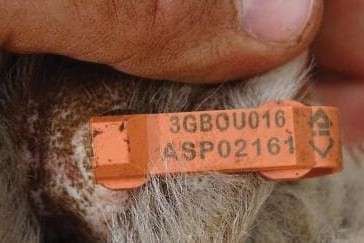
DESPITE NEW FUNDING, CONCERNS ABOUT TAG COSTS remain for New South Wales sheep and farmed-goat producers transitioning to a mandatory traceability system.
It was announced in July that AU$38 million (NZ$41m) in joint state-federal funding would be made available via a rebate scheme to support the implementation of individual electronic identification (EID) across the NSW sheep and farmed-goat industry. The move is part of a national implementation plan.
NSW Farmers sheepmeat committee chair Jenny Bradley said the funding was appreciated but there had to be a greater contribution from the federal government, and the details had to be closely examined.
“The government’s EID rollout is a significant issue for producers, and we welcome progress. However, there still remains a significant need to reduce the cost of NLIS [National Livestock Identification System] EID devices to economically affordable levels.
“If some states have cheaper tags than others, producers will lose faith in the fairness of the system and we won’t stand a chance of national harmonisation.”
The funding was not expected to reduce tag costs in NSW and Bradley said this was a critical issue that needed to be addressed by the federal government. The widely accepted cost was no more than $1 a tag.
Bradley called on the NSW and Australian governments to initiate a national tag tender to support the reduction of NLIS EID device costs “promptly”.
Delayed completion of a national electronic sheep and goat ear tag procurement project undertaken by Sheep Producers Australia (SPA) is also holding up the finalisation of tag prices, according to NSW Farmers Sheepmeat Committee vice-chair Floyd Legge.
The project’s objective is to evaluate sustainable models that would ensure producers have access to equitably priced tags from multiple suppliers across Australia. SPA chief executive Bonnie Skinner said they had sought independent advice regarding a national tag procurement model and would be undertaking consultation with SPA members and a range of stakeholders.
SPA announced in February this year that it would have a report from a national procurement project finalised, but findings have not been released.
Legge believed they were supposed to see the outcome in April or May.
“We’re not happy with the fact that SPA put out a consultation period to get the first round of information done and it is now far beyond the deadline that they said they would have their initial report to us.”
He said the delay is getting in the way of who takes the lead — industry or government.
“If the conclusions are that they can’t do it . . . [they need to] allow somebody else to hop in the space, because time is ticking; it is less than 18 months from the national industry rollout of January 1, 2025.
” Source: Sheep Central, NSW Farmers, NSW DPI, Sheep Producers Australia.

